Terms - O
O
Ob.
obbligato
obbligatorio
ober
obligat
obligatoire
obligatory
obligé
oblique motion
oboe
oboe d'amore
oboe da caccia
ocarina
octatonic scale
octave
octave bass clef
octave clef
octave designation
octave treble clef
octavo
octet
octuple croche
ode
oeuvre
off-beat
Offertory
Office
Officer's Call
ohne
ohne Dämpfer
ohne Instrumente
Oktave
Oktavflöte
Oktavierende Schlüssel
old Roman chant
old-time music
oliphant
ondes martenot
one hundred and twenty-eighth note
one hundred and twenty-eighth rest
one-line
Op.
open
open fifth
open form
open roll
opera
opéra bouffe
opera buffa
opera comica
opéra comique
opera seria
opera-ballet
operetta
ophicleide
Opp.
opus
oral tradition
oratorio
orchestra
orchestra bells
orchestra pit
orchestration
ord.
ordinario
Ordinary
organ
organ point
organ verset
organal style
organistrum
organology
organum
ornament
ornamentation
orpharion
ossia
ostinato
ottava
ottava bassa
ottava rima
ottavino
ottoni
ouïe
outer voices
ouvert
oval
overblowing
overstrung
overtone
overture
orchestration
or-ke-STRAY-shun
[English]
The art of arranging a composition for performance by an instrumental ensemble. Some compositions are originally intended for instrumental ensembles where the composer makes all decisions pertaining to instrument assignments within the score (which instruments play what notes and when they play them). This is often referred to as scoring the composition. Some compositions such as Modest Musorgsky's Pictures at an Exhibition were originally written for a specific instrument (in this case piano) and are later set for a different combination of instruments (in this case Maurice Ravel's orchestration for symphony orchestra). The purpose of orchestration is often to provide a more vivid set of tone colors for a composition or to give a different ensemble of instruments access to the composition. An example would be for a "pops" orchestra to play popular music (originally composed for a rock band ) in a concert.
Share
Tweet
Last Updated: 2016-06-06 00:49:26

